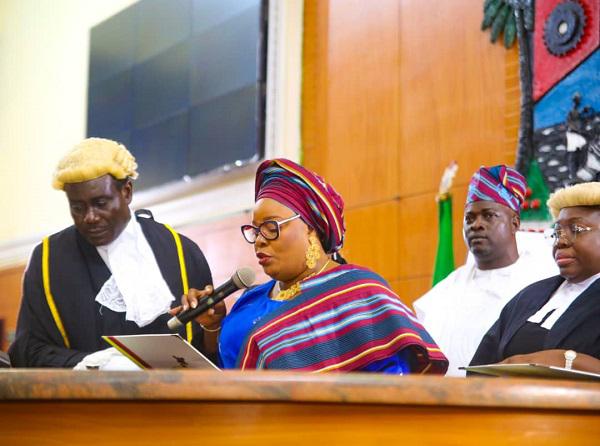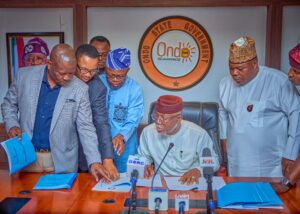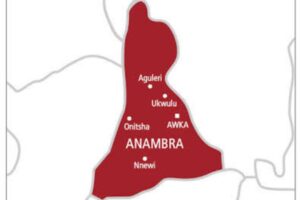CBN justifies FG’s plan to sell assets to fund 2021 budget
The Central Bank of Nigeria (CBN) has thrown its weight behind the federal government’s decision to sell its least valued assets and use funds from the sale to execute infrastructural projects in the 2021 budget.
This support came from the Monetary Policy Committee (MPC) of the CBN, during the first MPC meeting.
Finance minister Zainab Ahmed had earlier in the week announced the government’s planned sale of the assets.
In that light, a member of the MPC, Prof. Festus Adenikinju hinged his support of the plan on the non-reflection of the increase in crude oil prices on government oil revenue.
Clarifying his point, Mr. Adenikinju said, “Government gross oil revenues for some months in 2020 were N454.34 billion in April, N284 billion in May, N254.43 billion in September, N201.12 billion in October and N225.41 billion in November, whereas between April and November 2020, price of Bonny Light rose steadily from $12/b to $43/b respectively. This is a worrisome development.”
Speaking at the meeting, Aliyu Sanusi, a member of the committee noted that available records show that CBN’s credit policies and interventions have strengthened the private sector in December.
Mr. Aliyu said: “For instance, between November 2020 and January 2021, a total of N499.01 billion was disbursed under the 15 interventions, including AGSMEIS, TCF, ABP, Manufacturing Sector Stimulus, Electricity Market Stabilization Facility, CBN/BOI Facility, Export Development Facility, etc. These policies have significantly affected interest rate developments.
“Available data shows that Prime Lending and Maximum Lending rates have declined between October 2020 and January 2021.
“In addition, about 62.7percent of the N8.421 trillion lent by the banking system as at December 2020 was lent at less than 10 percent rate of interest per annum. As at December 2020, 92.32% of the total amount lent by the banking system was at less than 20 percent interest rate.”
Meanwhile in her remark, the Deputy Governor, Financial System Stability, CBN, Aisha Ahmad, also a member of the committee identified the successes of these efforts despite the economic effects of COVID-19.
Citing the Bank staff data, Ahmad revealed that there was appreciable growth recorded in the domestic sector. According to her, there was credit growth of N4,917.05 billion recorded from N15,567.66 billion in May to N20,484.72 in December.
She further added that “the Loan to Deposit Ratio (LDR) policy has been markedly successful at directing credit to the real economy and should be sustained with a renewed focus on effective utilization, to guarantee expected benefits from supporting businesses, manufacturing capacity and domestic output.”
Source: peoples gazette











Post Comment